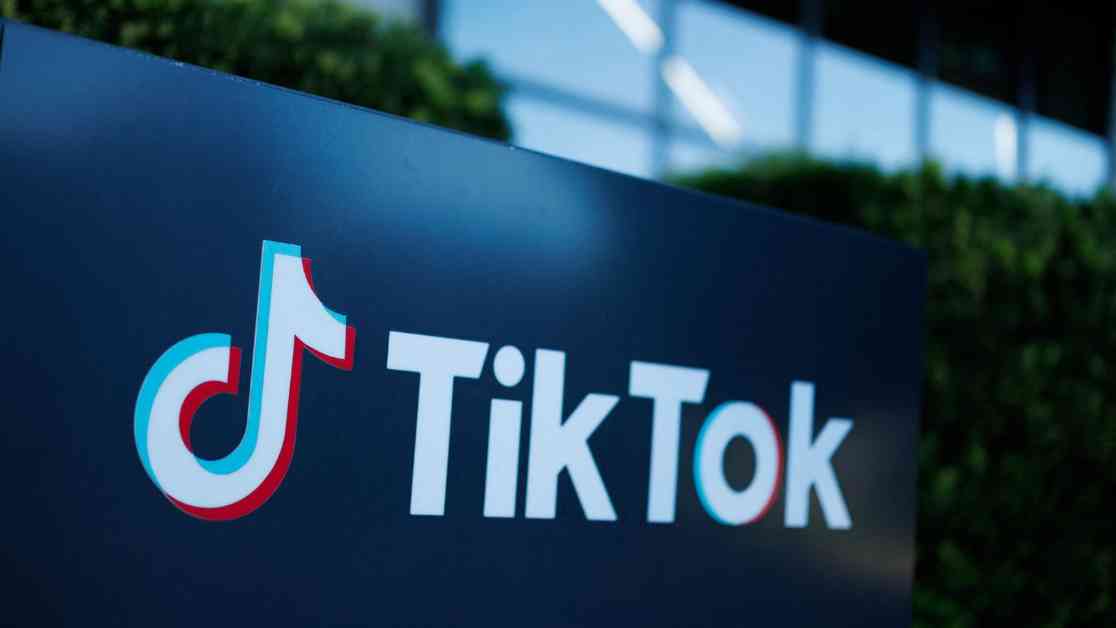Thirteen US states and Washington DC have filed lawsuits against TikTok, accusing the video-sharing app of being harmful to children’s mental health. The legal action alleges that TikTok is designed to be addictive and keep teenagers constantly engaged with the platform. TikTok has denied these claims, stating that they have implemented features such as default screen time limits and privacy settings for users under the age of 16 to protect teens.
New York attorney general Letitia James expressed concerns about the impact of addictive social media platforms like TikTok on young people’s mental health. She mentioned instances where young individuals have been injured or died while attempting to replicate stunts they saw on the app. Washington DC attorney general Brian Schwalb described TikTok as an “intentionally addictive product” and accused the platform of causing psychological and physiological harm to its users.
TikTok spokesperson Alex Haurek expressed disappointment that the states did not collaborate with the company to address their concerns before resorting to legal action. Haurek emphasized that TikTok remains committed to protecting teens and continuously improving its product. The app has safety features in place, such as screen time limits and privacy settings, for users under 16. Additionally, TikTok does not allow users under 13 to access its main service and imposes content restrictions for users under 18.
The lawsuits filed by the US states are part of a broader investigation initiated by a bipartisan coalition of prosecutors in March 2022. The states involved in the legal action include California, Illinois, Kentucky, Louisiana, Massachusetts, Mississippi, New Jersey, New York, North Carolina, Oregon, South Carolina, Vermont, Washington state, and Washington DC. These lawsuits add to the mounting legal challenges faced by TikTok in the US.
In addition to the state-level lawsuits, the US Justice Department previously sued TikTok for allegedly failing to safeguard children’s privacy. However, the most significant threat to TikTok’s operations in the US is a new law that could result in a ban on the app unless its parent company, Bytedance, sells it. Bytedance has contested the ruling, and the case is expected to progress through the judicial system, potentially reaching the Supreme Court.
Overall, the legal actions against TikTok highlight the growing concerns about the impact of social media platforms on young users’ mental health and well-being. While TikTok maintains that it has implemented measures to protect teens, the lawsuits underscore the need for continued scrutiny and regulation of digital platforms to ensure the safety of users, especially children and adolescents.










